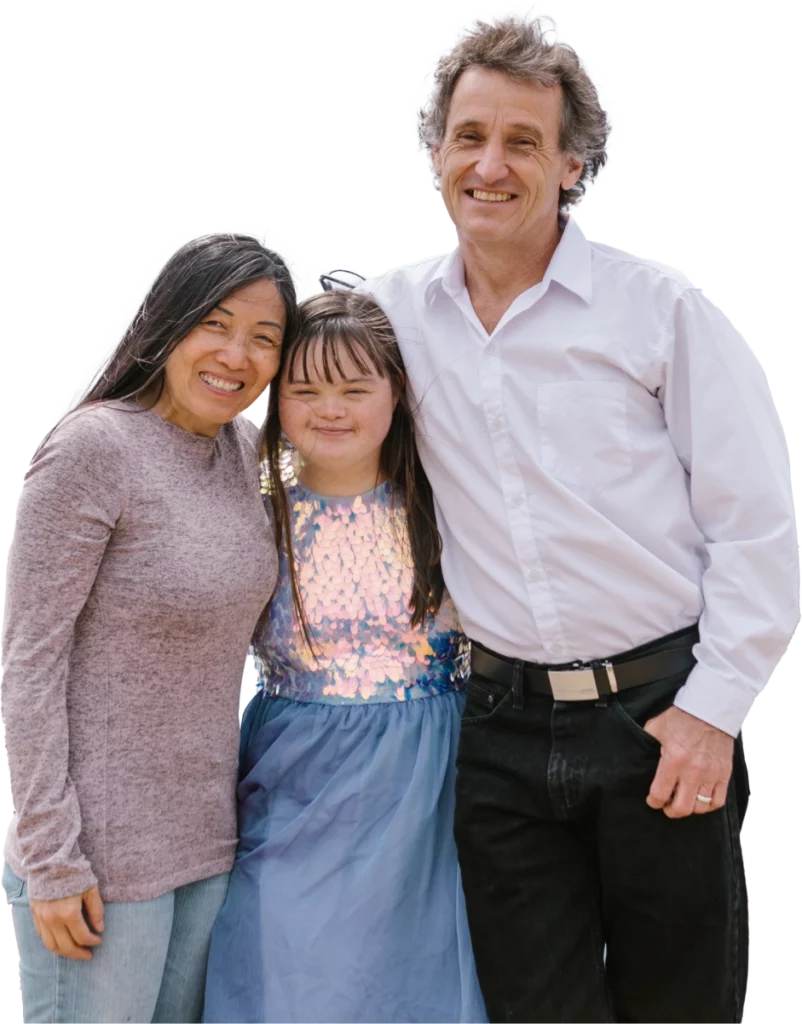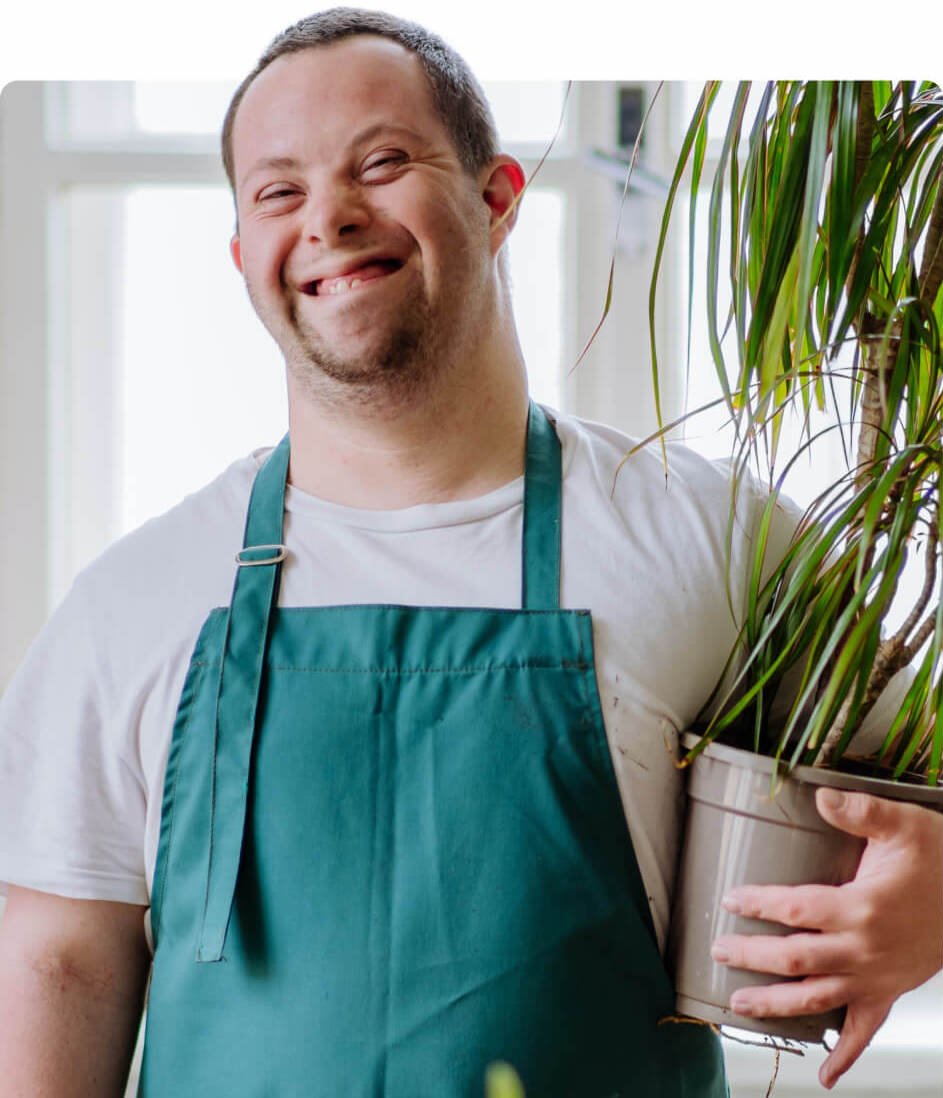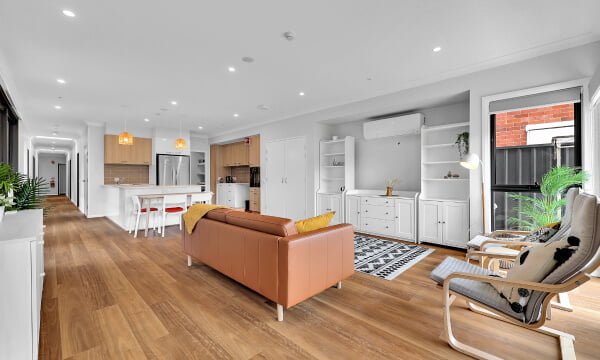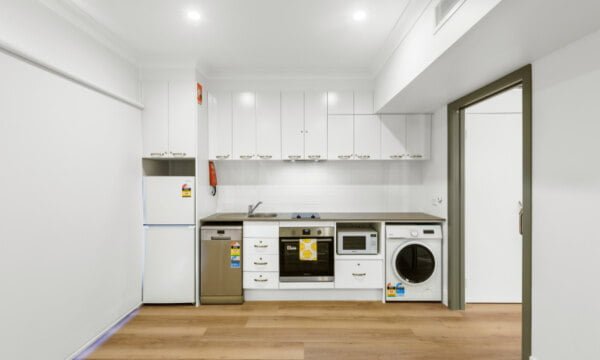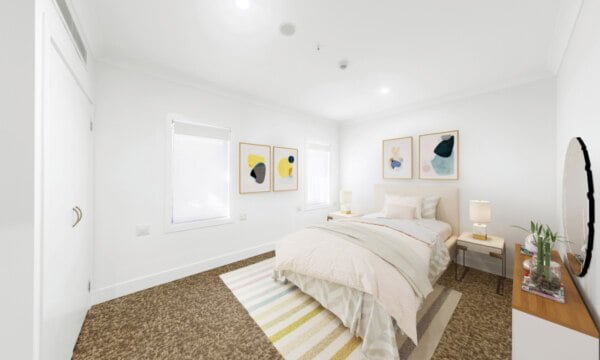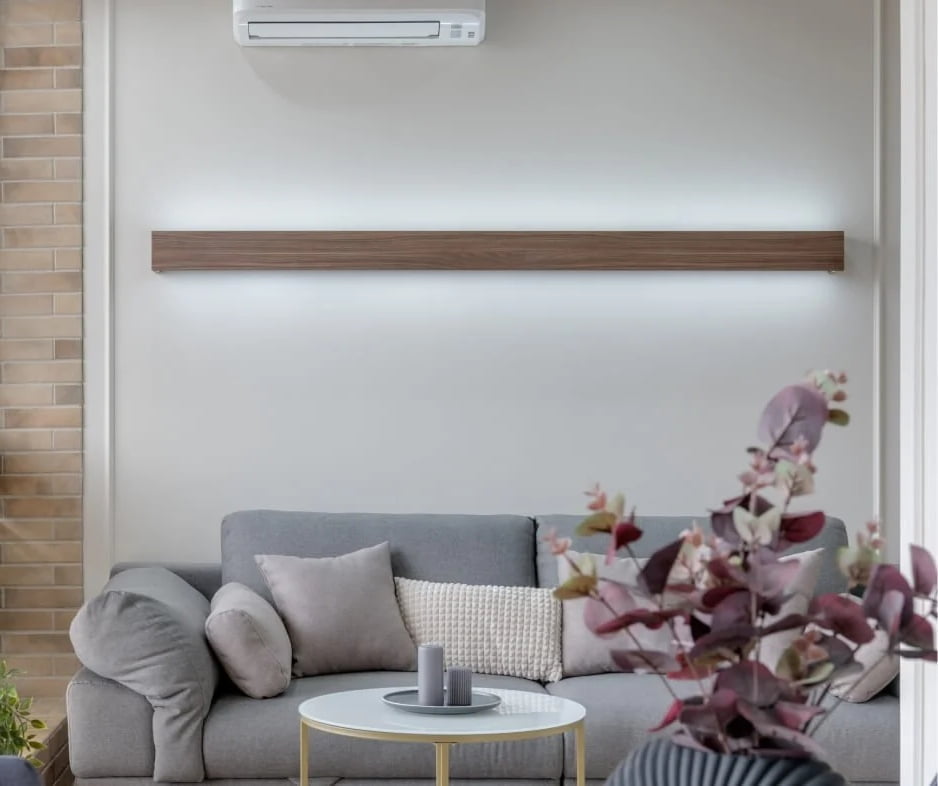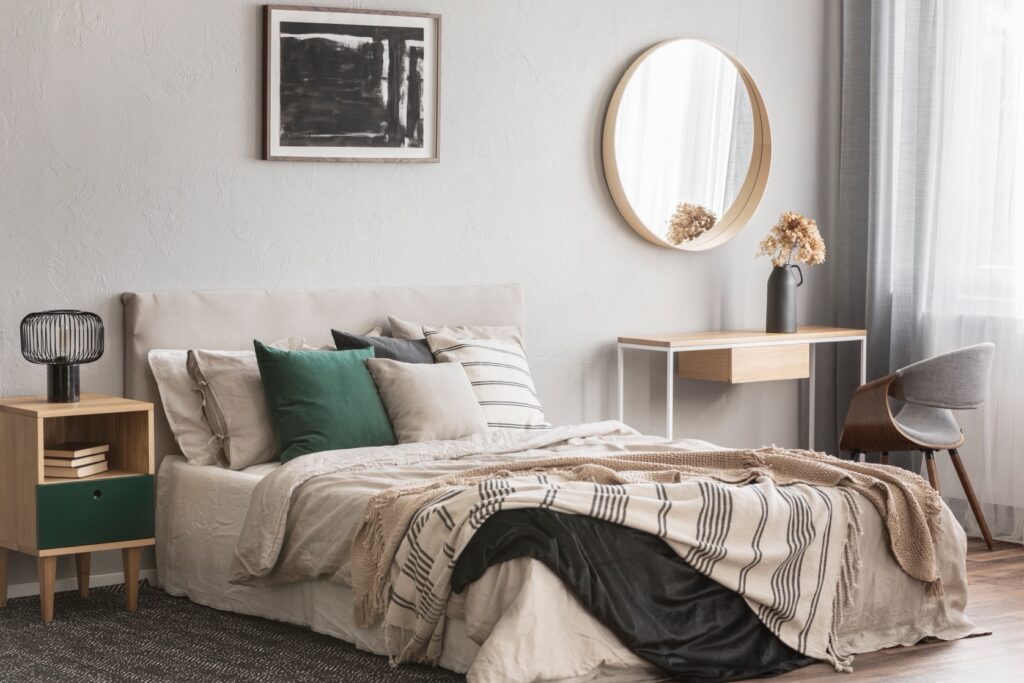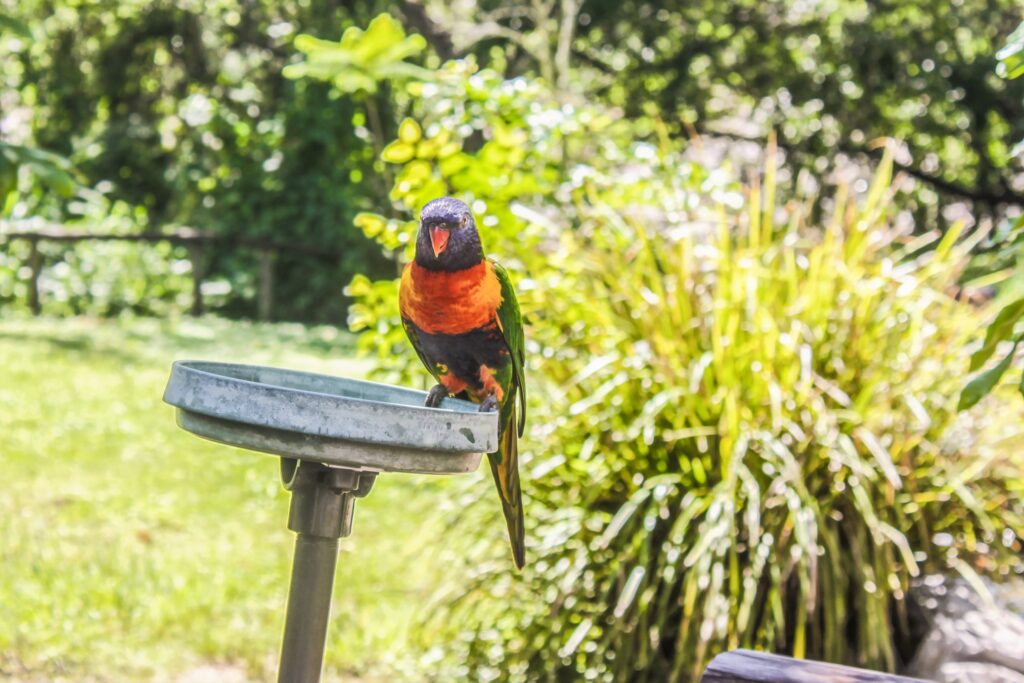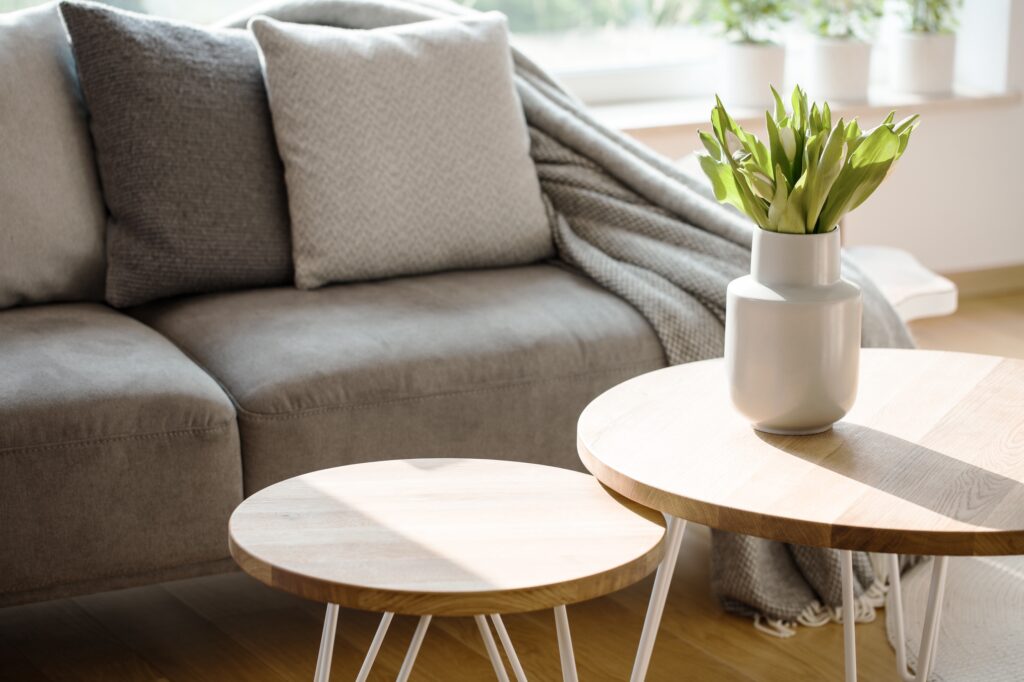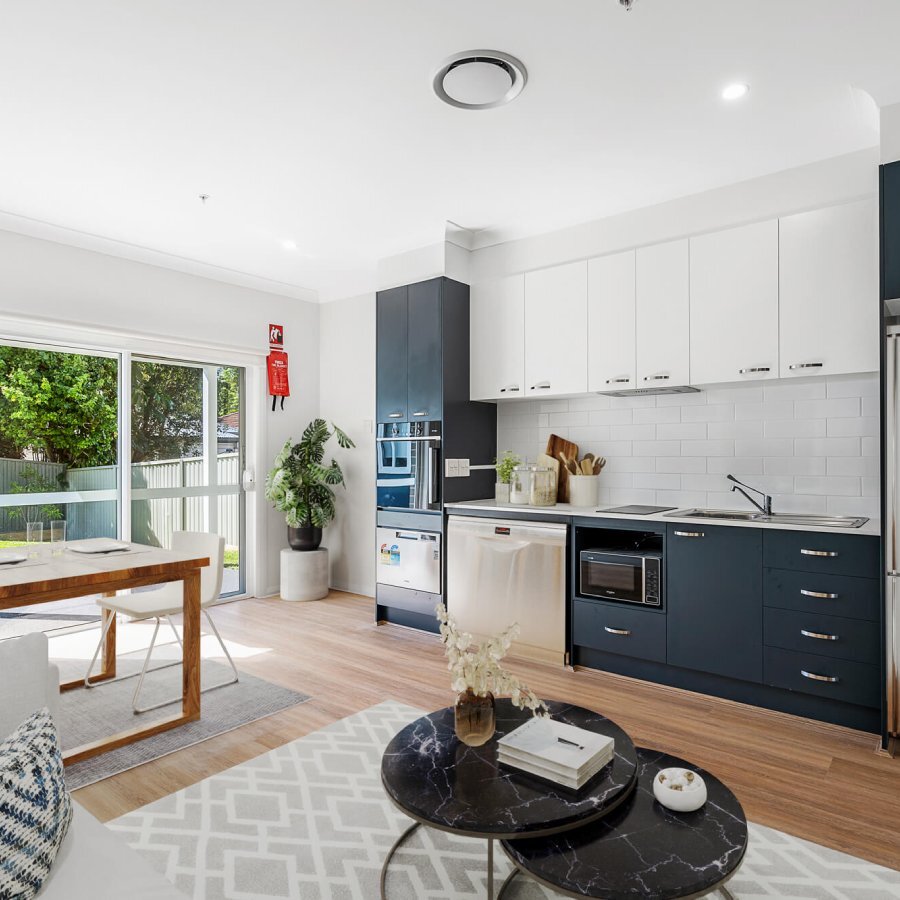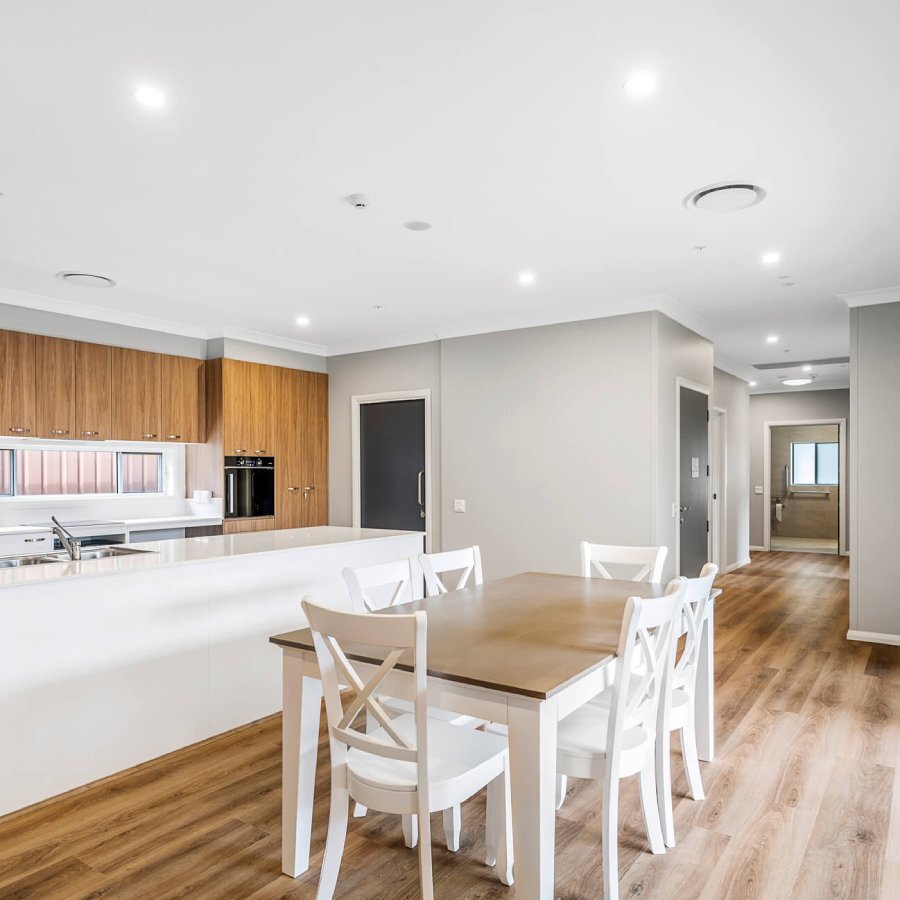Select a suburb or area that suits your needs
Find Home Where Your Heart Is!
Disability
Rental Housing
At Edenbridge Living, we specialise in providing SDA-designed disability rental housing to meet the unique needs of individuals with disabilities. Our commitment is to offer comfortable, accessible, and supportive living environments that empower our residents to live independently while having access to the care and support they may require. Through our tailored housing solutions, we strive to enhance the quality of life for our clients, ensuring they feel at home and part of a community that values inclusivity and independence.
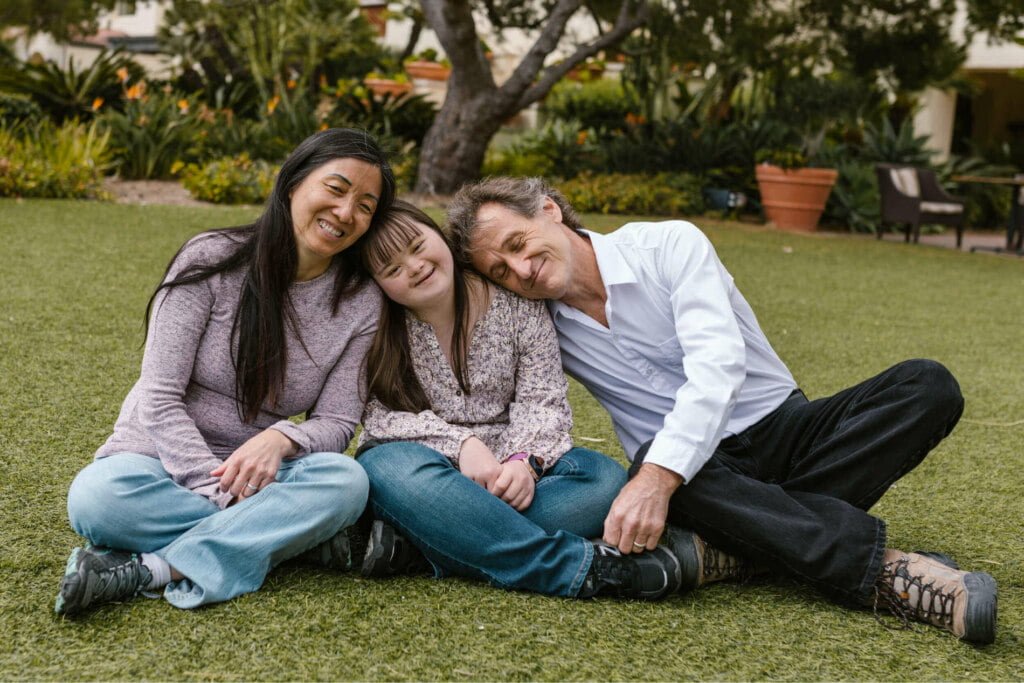
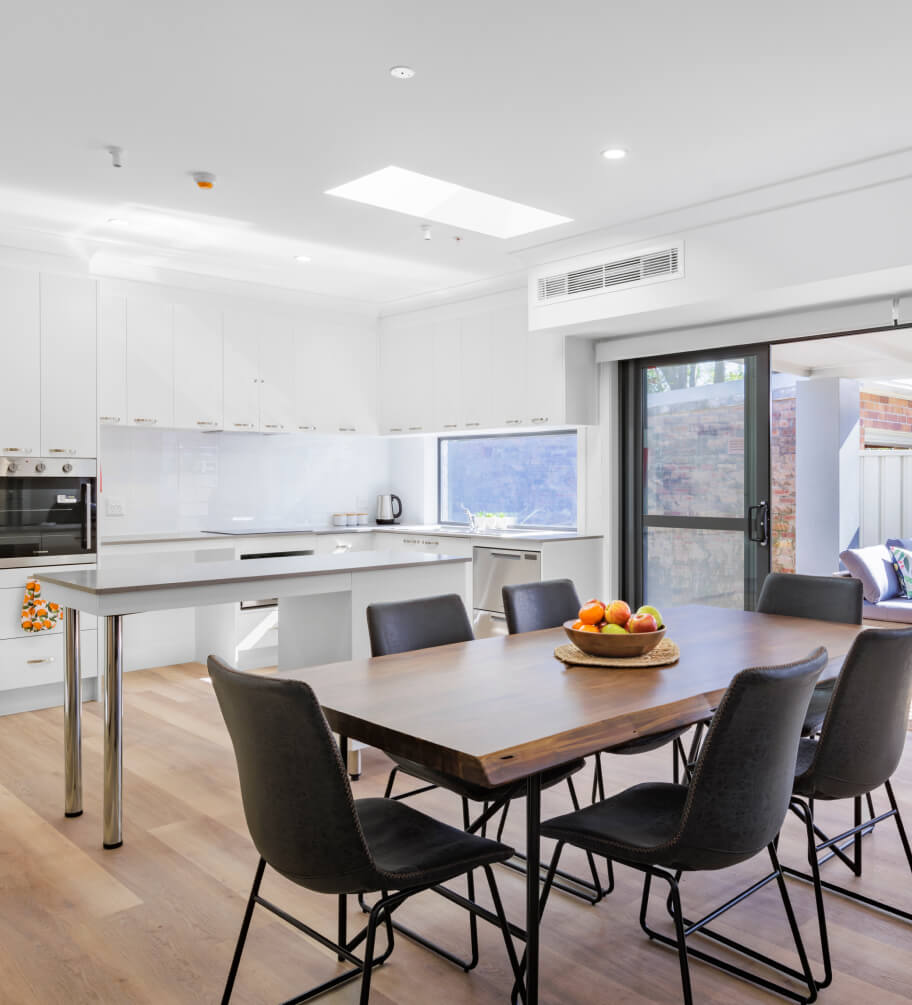
Edenbridge Living: Resident Focus
NDIS Participants We Serve
Edenbridge Living is committed to assisting and supporting NDIS participants with Intellectual Disabilities or cognitive impairments. Our goal is to create an inclusive and empowering environment that caters to the unique needs of each individual.
Why Choose Edenbridge Living ?
Simple Answer: Unwavering Dedication!
At Edenbridge Living, we hold a fundamental belief that everyone is entitled to a home that not only caters to their unique needs but also enhances their overall quality of life. That's why we go above and beyond to provide disability rental housing that are comfortable, inclusive, and empowering for NDIS participants.
Explore Homes NearbyDisability Rental Housing Design
Disability rental housing, categorised into four design standards according to SDA rules, caters to specific needs and support levels required by residents with disabilities.
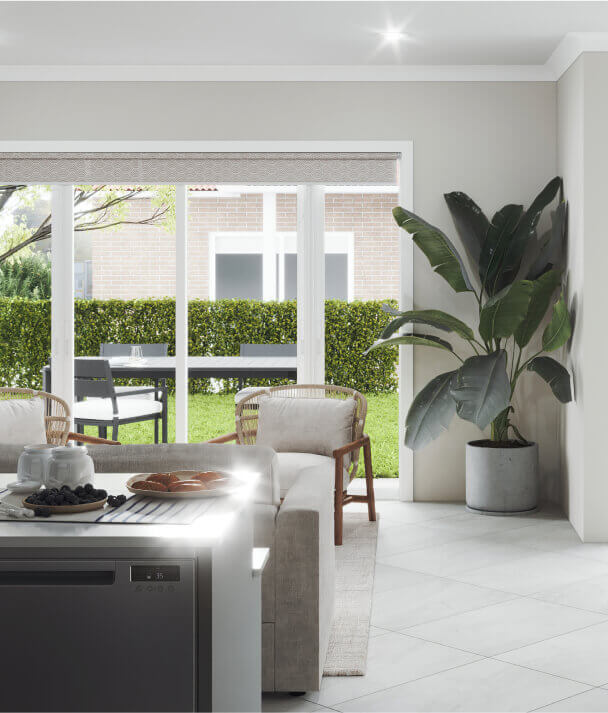
Types of
Disability-Friendly Housing
These housing options aim to provide safe, comfortable, and accessible living spaces for individuals with disabilities.
Contact UsEligibility Criteria For
Disability Rental Housing
Eligibility criteria for 'Disability Rental Housing' include:
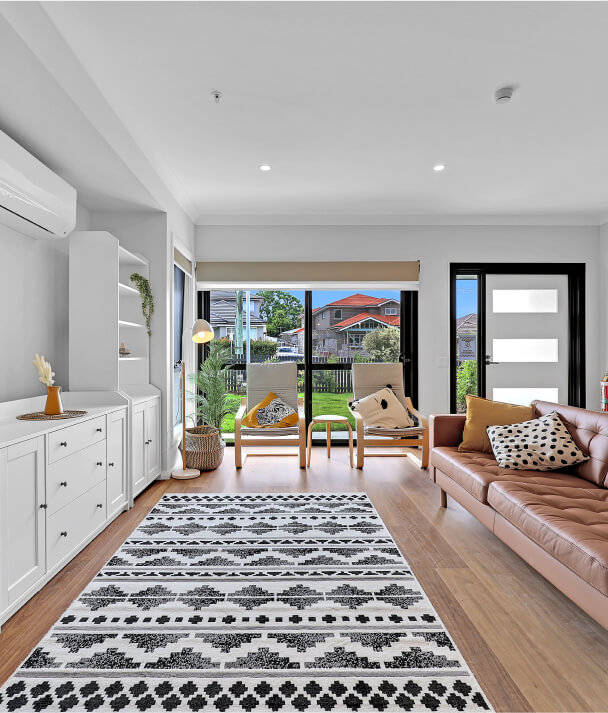
How to apply for Disability Rental Housing
Applying for Disability Rental Housing involves a series of steps.
01Understand Your Eligibility |
|
02Gather Documentation |
|
03Plan Meeting |
|
04Include SDA in Your NDIS Plan |
|
05Seek Provider Options |
|
06Application to Providers |
|
07Assessment and Approval |
|
08Agreement Signing |
|
09Move-in Preparation |
|
10Seek Support if Needed |
|
Find Disability Rental Housing in Your Preferred Location
Explore our Disability Rental Homes in your select suburbs, tailored for diverse needs
Our NDIS
Disability RentalHousing Options
We understand a home is more than just bricks and mortar; it's a feeling. With every project, our goal is to ensure your loved ones are not just housed, but truly at home.
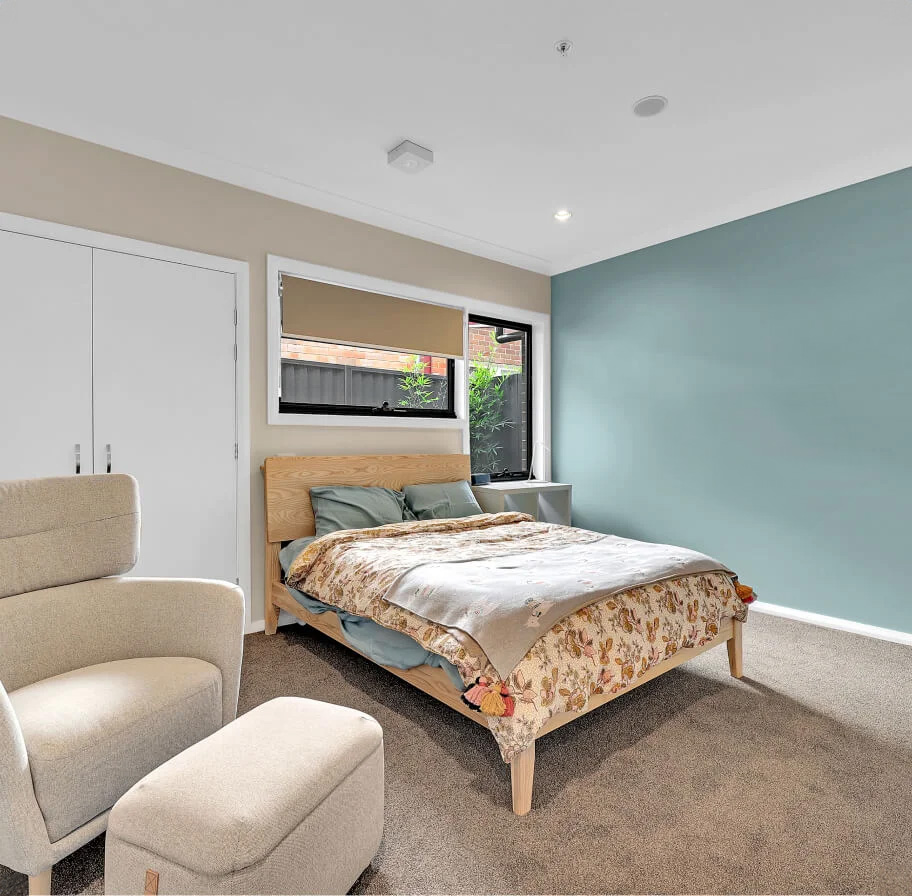
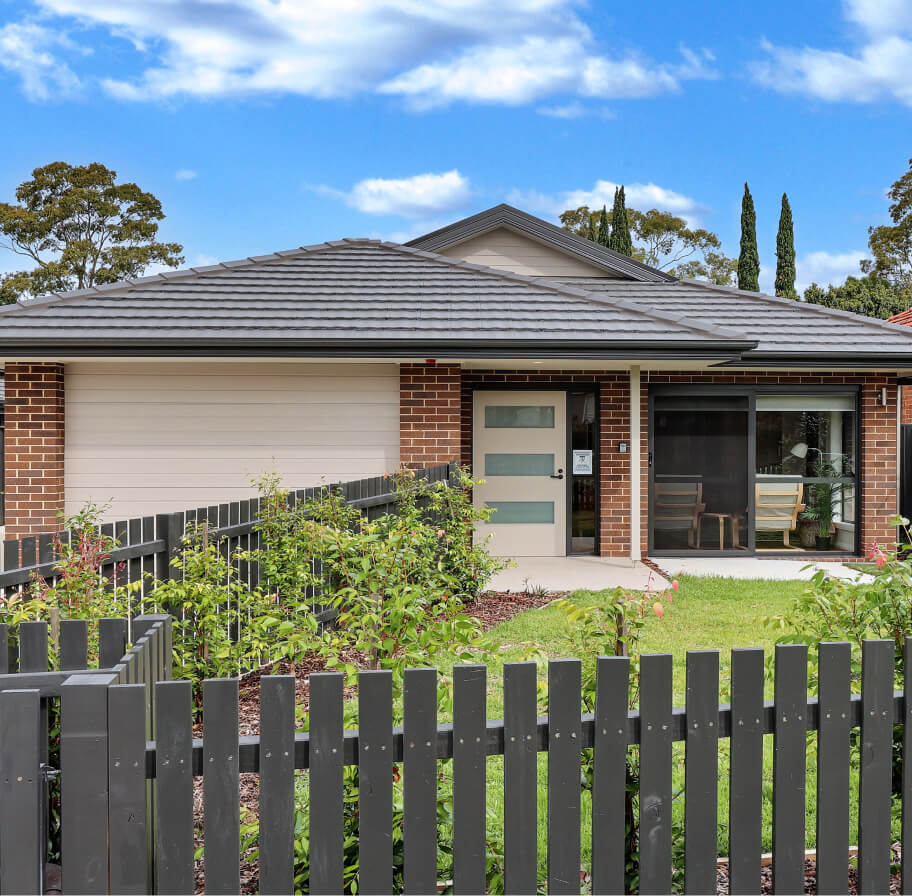
Our Collaborations Make A Difference
We're proud to collaborate with leading organisations that share our vision of inclusivity and empowerment. If you have had a great experience with another particular support provider, please reach out to us to discuss how we may be able to collaborate. Together, we create a tapestry of support, enriching the lives of our residents.
Sunnyfield is a for-purpose organisation built on a heritage of community spirit, trust, inclusion and heart. Work, life or leisure, we support children, youth and adults with disability to build independence in every opportunity, find a place to call home, connect with their community and build skills for life.
Let’s work together to make bright futures for people with disability.

JewishCare NSW has been helping our community thrive since 1937. Our specialist teams provide community aged care, mental health, disability, and family and child services to ensure an inclusive and supported community.
We have subject matter experts in ageing, specifically in, home care packages and dementia, suicide prevention, domestic violence, NDIS and employment. We work with individuals, the Government, referrers, families and the community to build resilience for today and tomorrow.
Trusted Home Care are an established and sought after provider of in-home care services for the aged and disabled communities, on the NSW Central Coast and Northern Beaches of Sydney.
As a Registered NDIS Provider we offer a full suite of standard and complex support needs, accommodation options and coordination of supports. Our personable team strive to meet individual needs.
As one of Australia’s leading disability service providers, Aruma is dedicated to empowering the people we support to live life on their terms.
We support people to realise their goals and dreams – whether it’s moving out of home, finding a job they love, or becoming active members of the community.
For us, there’s nothing more satisfying than discovering where someone wants to go and supporting them in getting there.

Voices From The Community
Frequently Asked Questions
What are the different types of disability housing?
Various disability housing options are available to cater to varying needs and preferences. They are:
- Group Homes: Shared housing for individuals with disabilities, providing 24/7 support services.
- Independent Living Units: Self-contained apartments with optional support for those who can live independently but may need occasional assistance.
- Assisted Living Facilities: Residential settings offering personal care and support services designed for those who require more daily assistance.
- Specialist Disability Accommodation (SDA): High-quality housing solution for people with significant functional impairment or high support needs under the NDIS framework.
- Community Housing: Subsidised, accessible housing for low-income individuals with disabilities managed by non-profit organisations.
What are the different SDA housing categories?
There are four distinct SDA design categories: Improved Liveability, Fully Accessible, High Physical Support, and Robust.
Can I choose where I live?
Having checked the disability rental housing enrolment and vacancies and within the availability of suitable disability housing properties, you can choose your accommodation based on location, type, and provider.
Can I move to another disability rental home?
Yes, you can move to another disability rental home if your needs change or if you find a more suitable option. However, this requires a reassessment of your eligibility and needs.
What kind of support can I expect in disability rental homes?
Support varies by accommodation but can include on-site care, access to therapy services, community activities, and assistive technologies.
What is 'Supported Independent Living' (SIL)?
Supported Independent Living (SIL) is a range of services provided to people with disabilities to support them in living as independently as possible. This typically includes assistance with daily tasks, personal care, and developing skills to participate in the community, tailored to the individual’s needs and goals. SIL aims to empower individuals by enhancing their ability to perform everyday activities within their own homes and communities.
How can I apply for SIL?
To apply for Supported Independent Living (SIL) under the NDIS, ensure your NDIS plan includes SIL. Contact your NDIS planner or coordinator to discuss your needs and review your plan. They will guide you through the application process, which involves assessing your support needs and finding a suitable SIL provider.
Who is eligible for disability rental housing?
To be eligible for disability rental housing, an individual typically aged between 18 and 65 has extreme functional impairment or very high support needs and is approved for SDA funding in their NDIS plan.
How long does the application process take?
The timeline can vary depending on individual circumstances, including the availability of suitable accommodations and the completeness of your application.
What if my disability rental housing application is denied?
You can request a review of the decision through the NDIS. It’s also beneficial to consult with your NDIS planner or a local area coordinator for further guidance and to explore alternative solutions.
What are my rights regarding lease agreements?
In Australia, as a tenant with a disability, you have the same rights as any other tenant under residential tenancy laws, which include fair treatment, privacy, and the right to a safe and habitable living environment. Additionally, you are protected against discrimination based on your disability, as outlined by the Disability Discrimination Act 1992. This means landlords cannot refuse to rent to you, charge higher fees, or provide unequal services due to your disability. If modifications are needed, these can often be negotiated with the landlord.
Can I make modifications to my rental unit?
Yes, tenants in Australia can make modifications to their rental units with the landlord’s permission. It’s common for agreements to include a condition that the tenant will restore the property to its original condition upon vacating, especially for significant alterations. Always ensure these agreements are documented to avoid disputes.
What should I do if I face discrimination?
If you face discrimination in Australia, it’s important to report the incident to the Australian Human Rights Commission. Additionally, seeking legal advice can help you understand potential discrimination claims and your rights. These steps are crucial in addressing and resolving discrimination issues effectively.
What are the legal rights of disabled individuals concerning disability rental housing?
Renters with disabilities are protected under several laws:
- Disability Discrimination Act 1992: Protects individuals from discrimination in many areas, including housing.
- National Construction Code: Requires new buildings to meet accessibility standards.
- Residential Tenancies Act: Varies by state but generally provides rights concerning rental agreements, evictions, and disputes.
- Australian Human Rights Commission: Offers a complaint resolution service for discrimination cases.
These laws ensure that individuals with disabilities have equal access to rental housing and are protected against discrimination.
What costs are involved with SDA funding for disability rental housing?
SDA funding for disability rental housing covers the cost of the physical environment for eligible NDIS participants. SDA funding does not cover personal daily living costs like groceries and internet.
What are the different financial assistance programs for persons with disabilities?
In Australia, financial assistance for persons with disabilities includes:
- National Disability Insurance Scheme (NDIS): Provides funding for necessary support, including housing modifications.
- Centrelink Payments: Various payments such as Disability Support, Pension, and Rent Assistance for eligible individuals.
- State Housing Authorities: Provide social housing for people with a disability under financial hardship.
- Non-Profit Organisations: Offer grants and assistance for home modifications and rent support.
These programs aim to support the housing needs of individuals with disabilities, ensuring they have access to suitable and affordable accommodation.
How can Rental Assistance and Bond Loan Assistance help the disabled?
Rental Assistance and Bond Loan Assistance can significantly help disabled individuals in several ways:
- Reduced Financial Burden: These programs help lower renting costs, making it more affordable for disabled individuals who might be on a limited income due to their inability to work full-time.
- Access to Suitable Accommodation: With financial assistance, disabled individuals can afford to live in accommodations designed or modified for their needs, improving their quality of life.
- Security Deposit Support: Bond Loan Assistance provides the upfront costs often required for rental properties, such as security deposits, which can be a significant barrier for many individuals looking to rent.
- Stability and Independence: By assisting with the financial aspects of housing, these programs enable disabled individuals to live independently in a stable environment, which is crucial for their overall well-being.
- Flexibility in Housing Options: Financial assistance can broaden the range of housing options available to disabled individuals, allowing them to choose homes in suitable locations closer to essential services or support networks.
- Encouragement of Social Inclusion: Living in a stable, suitable environment can help disabled individuals participate more fully in community life, enhancing their social inclusion and mental health.
These programs are designed to ensure that disabled individuals can live in safe, comfortable, and affordable housing, addressing one of the most fundamental aspects of their well-being.
Have more questions? Contact Us.
Redefining Living For Those Who Matter Most
At Edenbridge Living, we go the extra mile to ensure each of our disability rental homes have the following attributes:
